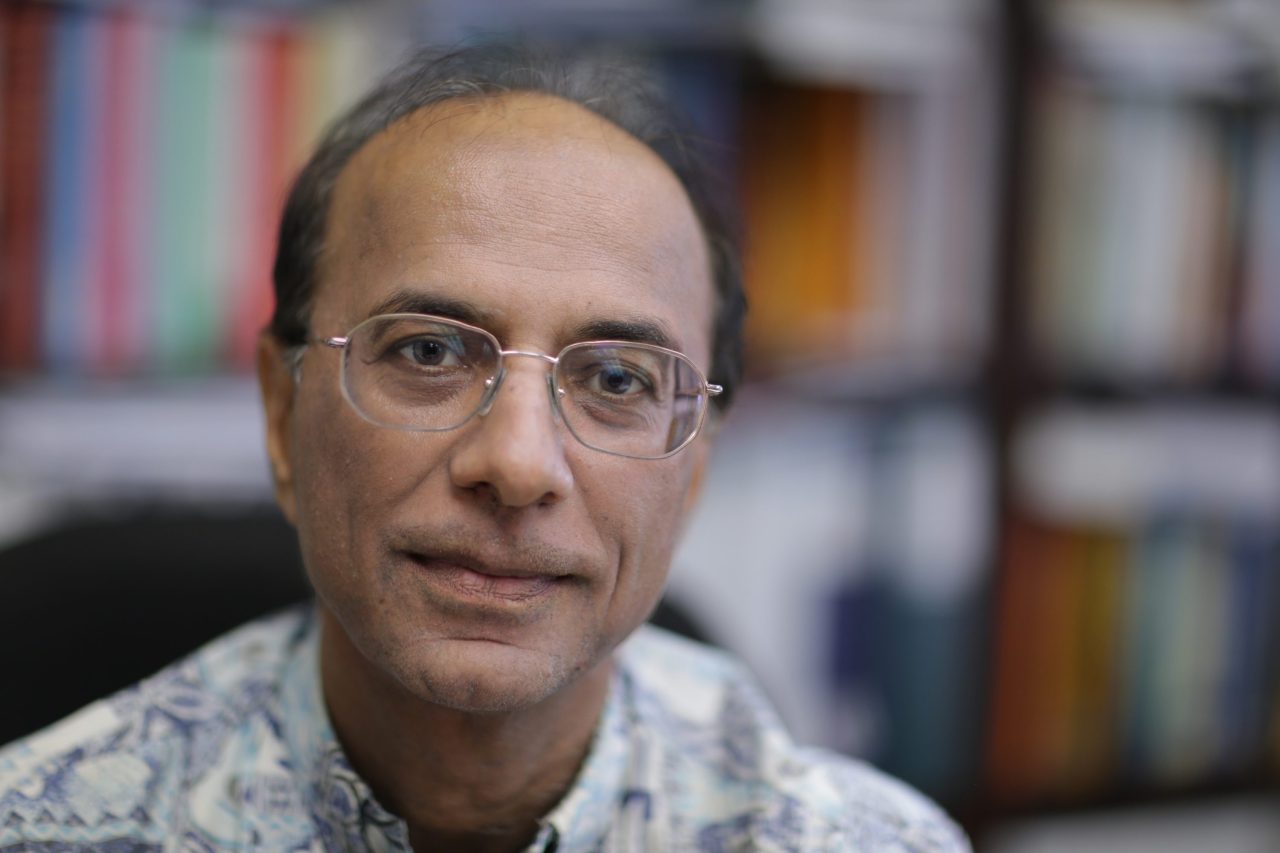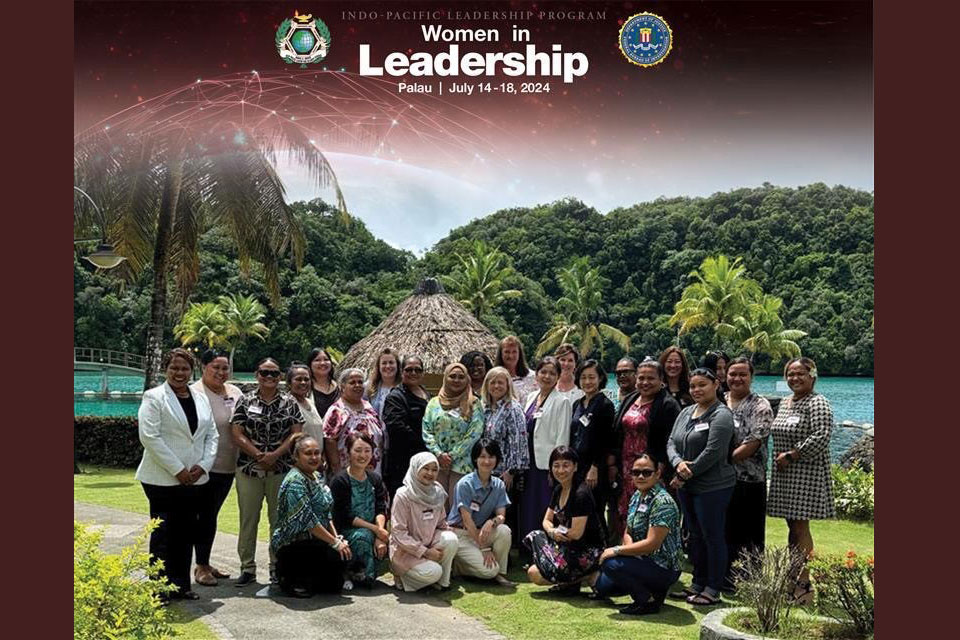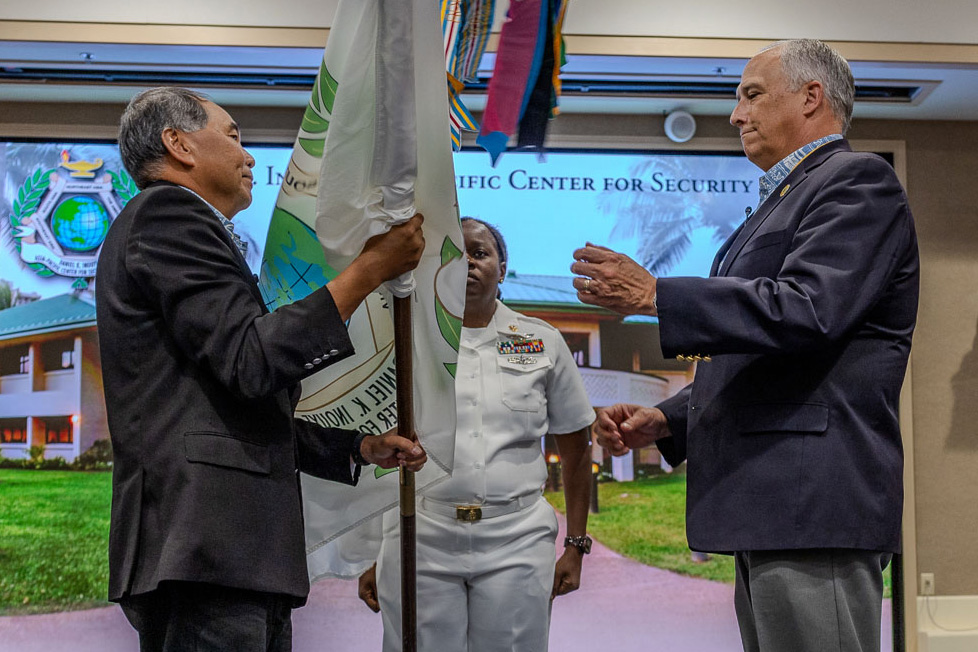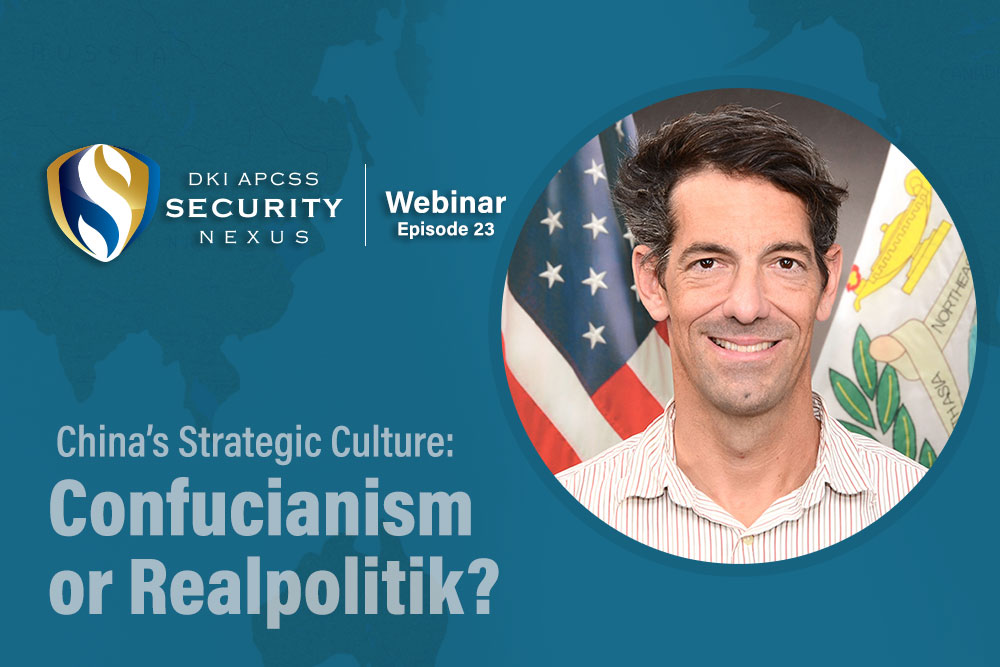Daniel K. Inouye Asia-Pacific Center for Security Studies’ professor Dr. Mohan Malik published an article on the Macdonald-Laurier Institute website which highlights the growing rivalry between India and China in the Indian Ocean, resulting in crisis in the Maldives. The article is entitled “The China-India Nautical Games in the Indian Ocean” and was published in two parts.
Excerpt:
“For small states, economic engagement with China has strategic consequences. Electoral politics provides Beijing with the opportunity to court and bribe politicians of fragile democracies along the Belt and Road to gain an advantageous position for itself over its competitors. In fact, China’s investments in littorals are less about development and more about Beijing’s desire to establish itself as a ‘resident power’ in the Indian Ocean – much as the United States, Britain, and France have done…Ironically, China’s quest for resources, markets, and bases following the direction taken by old imperial powers and attempts to establish an empire of “exclusive economic enclaves” run by Chinese conglomerates to usher in the age of Pax Sinica is now bringing former European imperial powers back in Asia. French and British navies are planning to operate joint task forces in the Indo-Pacific to maintain a rules-based international order, backed by South and Southeast Asian countries. Faced with the onslaught of authoritarianism, the Quad in the Indo-Pacific could well be reinforced by a Concert of Democracies (COD) comprising Canada and the European Union at the global level to uphold a rules-based order.”
Dr. Mohan Malik is a professor at the Daniel K. Inouye Asia-Pacific Center for Security and his area of expertise is China, Geopolitics and Weapons Proliferation.
The views expressed in this article are those of the authors and do not necessarily reflect the official policy or position of the Daniel K. Inouye Asia Pacific Center for Security Studies, the Department of Defense, or the U.S. Government.
-END-










Leave A Comment